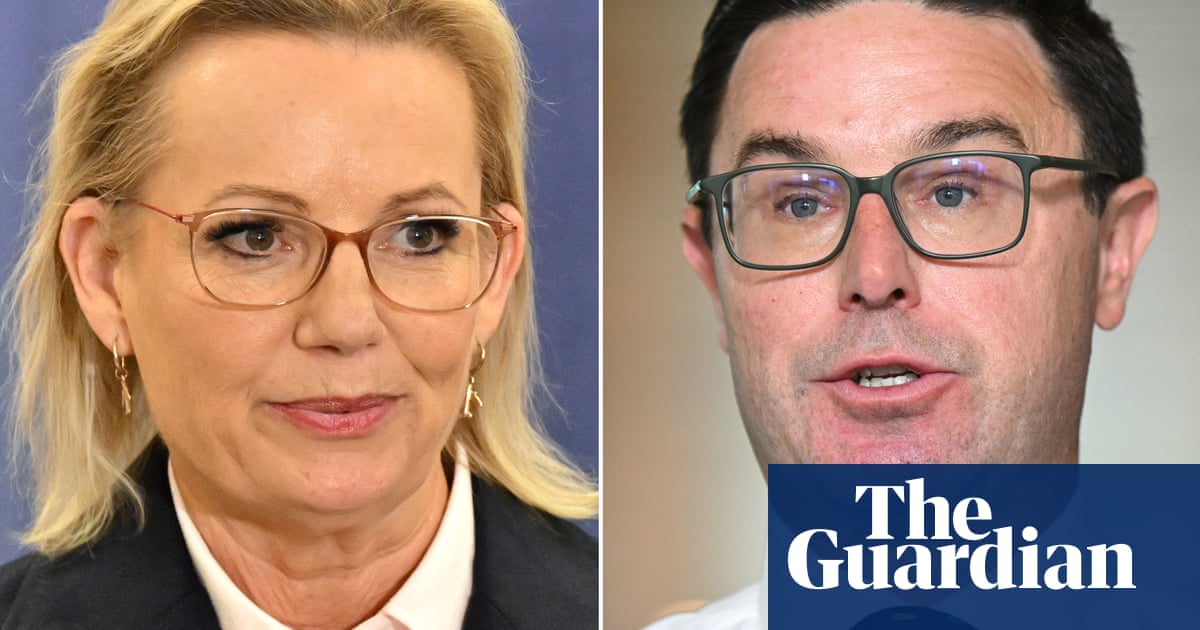It actually happened.
The Liberals and Nationals are breaking up, ending a decades-long partnership of political convenience that has been necessary for conservatives to hold power.
The Nationals leader, David Littleproud, informed the Liberal leader, Sussan Ley, mid-morning on Tuesday that the country party wouldn’t sign a new coalition agreement.
The first and obvious question is why.
The simple answer is that the Liberals wouldn’t accept the Nationals’ demand to maintain four key policy positions: support for nuclear power, a $20bn regional future fund, breakup powers for supermarkets and minimum standards for regional mobile and internet access.
The Nationals pushed the Peter Dutton-led Liberals to adopt the policies in the previous term and were not prepared to relitigate the case with Ley now in charge.
“A reasonable request was put to a trusted partner and it was refused,” the Nationals’ Senate leader, Bridget McKenzie, said at a press conference with Littleproud at Parliament House.
A senior Liberal source said the Nationals had a fifth demand that went unmentioned at the press conference: an insistence that even members of the shadow cabinet be allowed to cross the floor to vote against their own side.
That position, the source said, was “untenable”.
The Liberals didn’t refuse the Nationals’ policy demands because of any particular opposition to them. These were, after all, measures Dutton took to an election just weeks ago.
Instead, Ley refused because she wasn’t prepared to lock the Liberals into any positions, certainly not in a binding coalition agreement.
That was her promise to colleagues immediately after winning the Liberal leadership.
Every policy – including net zero and nuclear – was up for review. There would be no “captain’s calls”, she said.
The reasons for the split tells a story about the vastly different positions the Liberals and Nationals find themselves.
The Nationals felt emboldened in the previous term after winning internal arguments on nuclear and supermarket divestiture, and front-running the no case in the voice to parliament referendum.
The party held all of their seats on 3 May, although it failed to win back the regional New South Wales seat of Calare from Nationals-turned-independent Andrew Gee.
The Nationals might be divided on some policies, such as net zero, but Littleproud’s team feels certain of what and who it stands for, so much so that it is willing to blow up the Coalition and forfeit frontbench positions (and the salaries that come with them).
The Liberals, in contrast, need to figure that out.
Ley and her senior colleagues wanted to remain in a coalition.
But a split might do the Liberals some good, providing some clear air while they wrestle with not just policies, but their purpose and direction.
With no Nationals to accomodate in shadow cabinet, Ley’s task of appeasing of members of her own divided party just got a little easier.
Of course, the Liberals and Nationals don’t have the numbers to form government on their own.
There will need to be a reunion at some point to regain power.
How and when that happens is anyone’s guess.

